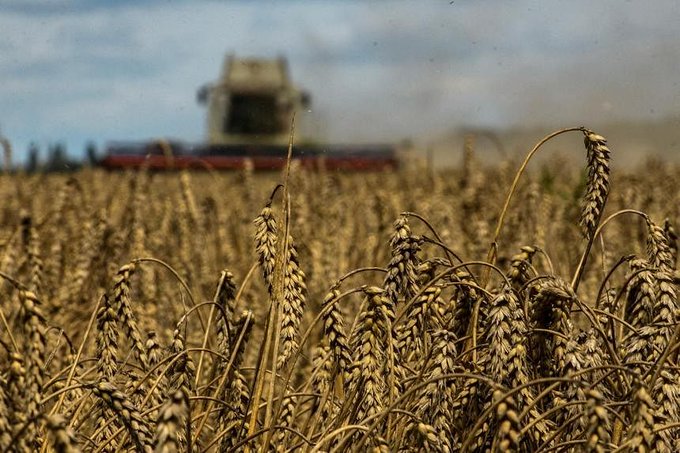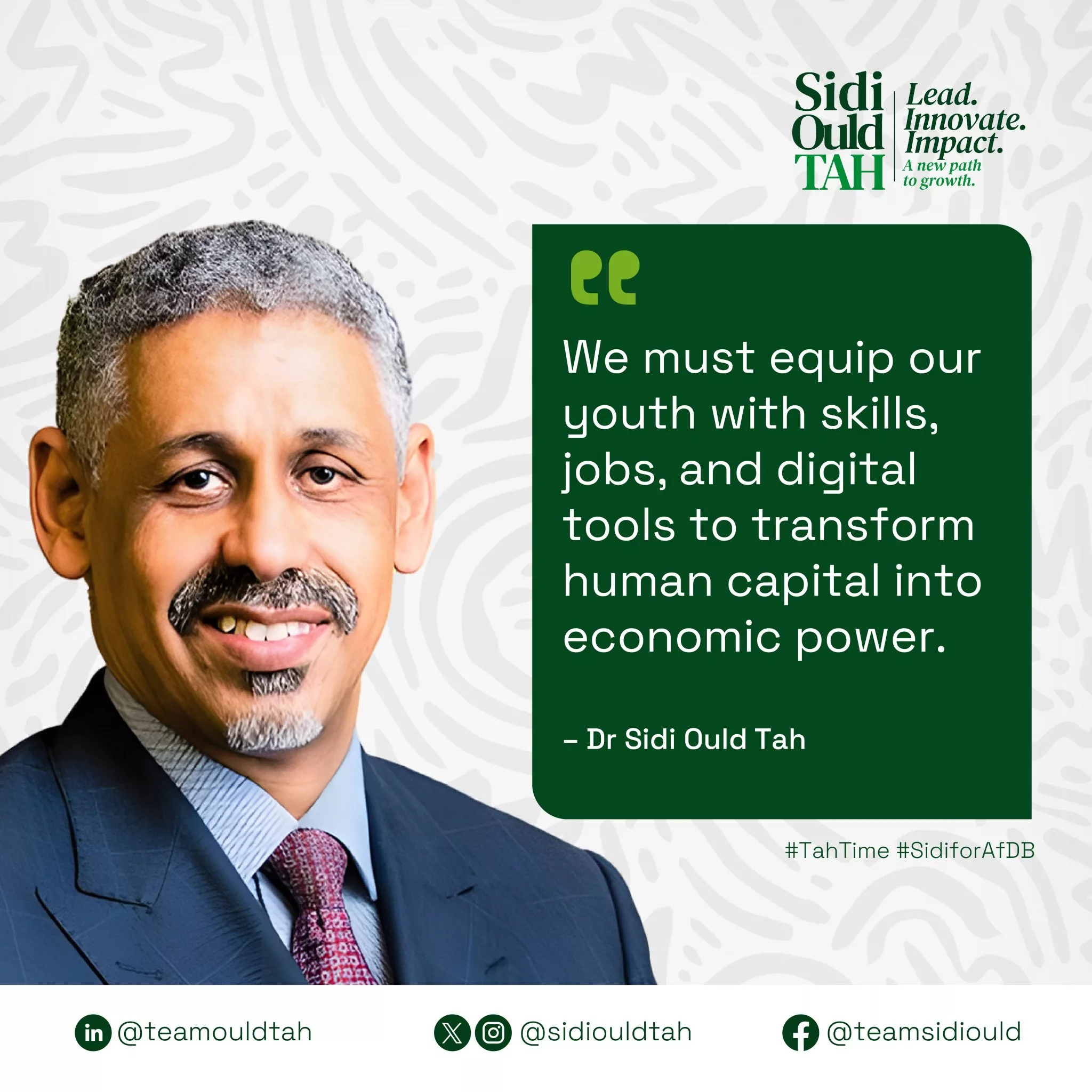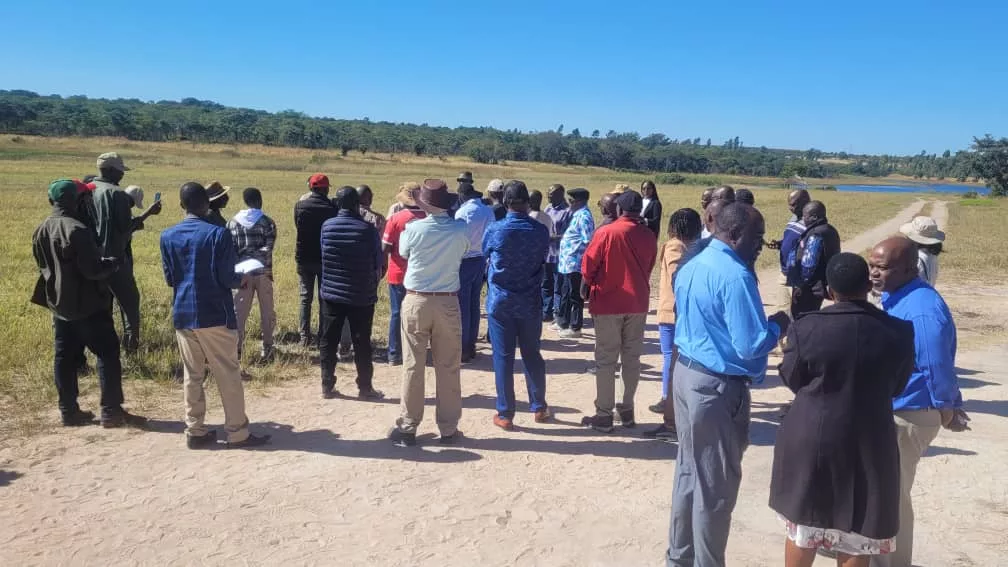By Anyway Yotamu and Joyce Mukucha
Indian billionaire Mr Ravi Jaipuria, who is the chairman of Varun Beverages in Zimbabwe, wants to acquire vast tracts of land in Zimbabwe to diversify into production of key agricultural products.
The Indian businessman recently made it into the top 100 of India’s billionaires magazine with a net worth of US$2 billion. One of Pepsi International’s top three biggest franchise partners, Varun Beverages has 10 bottling plants in India plus an international footprint that includes Morocco, Mozambique, Sri Lanka, Zambia and Zimbabwe.
Mr Jaipuria last year said he was looking at investing in various sectors of the Zimbabwean economy, adding his group was looking at opportunities in dairy, juices and potato farming and manufacture of chips in the long term.
President Mnangagwa, while delivering his key note address, also confirmed the Indian billionaire’s request for farming land, and pledged to avail prime land for him to produce crops that are in short supply in Zimbabwe.
“The chairman says, ‘Can we find land here, agricultural land?’ So I want to make it open so that we leave the ball either in my court or in your court. I am saying we have land; agricultural land belongs to the State.
“And I am the Head of State. So, Mr Chairman, I will give you the land you want freely and make it productive. So the ball is your court. My Government will continue to create an enabling environment to ease convenience and cost of doing business, and ensure the country is a safe, attractive and competitive investment destination,” he said.
Due to the drought that ravaged the country in the 2018/2019 rainy season, Zimbabwe has had to import significant tonnage of maize, which it could avoid if it made full use of sprawling land and water bodies across the country.
During his tenure as Vice President, President Mnangagwa championed a programme known as Command Agriculture as part of concerted efforts to improve food security and avoid costly imports of this key staple.
Agriculture is the cornerstone of the Zimbabwean economy, accounting for between 16 and 18 percent of the country’s gross domestic product (GDP), making Mr Jaipuria’s interest of strategic importance to the country.
Zimbabwe is also a perennial importer of bread and baking wheat, key components of the country’s diet, which frequently cause price volatility and shortages each time millers have challenges getting foreign currency to import.
Already, Varun has become one of Zimbabwe’s largest beverage producers, accounting for an estimated 70 percent share of the soft drinks market, through its range of products produced under the world’s biggest beverages firm, PepsiCo.
The company has already invested over US$60 million in setting up a state of the art beverages plant in Zimbabwe.
“I feel quite sad that Zimbabwe has got such (abundance of underutilised) fertile land and still we are importing maize and importing agricultural products for which Zimbabwe used to be the the biggest agricultural producer in Africa.
“So, I think we have enough expertise in India and we will get some of our close friends who are in this agriculture business and we will support them and if need be, fund them partly and maybe start with one large chunk of land,” said.
Mr Jaipuria has already demonstrated his capacity and success as an entrepreneur in Zimbabwe after his Varun Beverages investment in 2016 spawned what has grown into Zimbabwe’s potentially largest soft drink maker.
Varun, which had production capacity of just 13 million bottles at commissioning in July 2018, has expanded its production capacity to 35 million bottles a month and also now produces own preform bottling products.
“Today we have production capacity of 1,5 million bottles and cans per day. This is almost 10 percent of the Zimbabwean population. We have started production and sale of globally renowned products and brands under appointment from Pepsi International,” he said.
Varun Beverages directly employs approximately 3 000 people across the country. It has also employed the services of 1 500 women who have been financially empowered through vending cuts . Varun has 20 000 retailers and vendors who get Pepsi products across the country . “The happy 22 000 benefited directly and indirectly from Varun beverages,” he said.
Mr Jaipuria said with the future revenue and profits generated from the sale of carbonated drinks, he was planning on reinvestments into products like cordials, dairies, education, healthcare and hospitality sector.
“(But) with this new expansion we will increase our export of beverages and performs to Zambia, Malawi and other neigbouring countries, which will bring sizeable foreign exchange into Zimbabwe,” he said.






